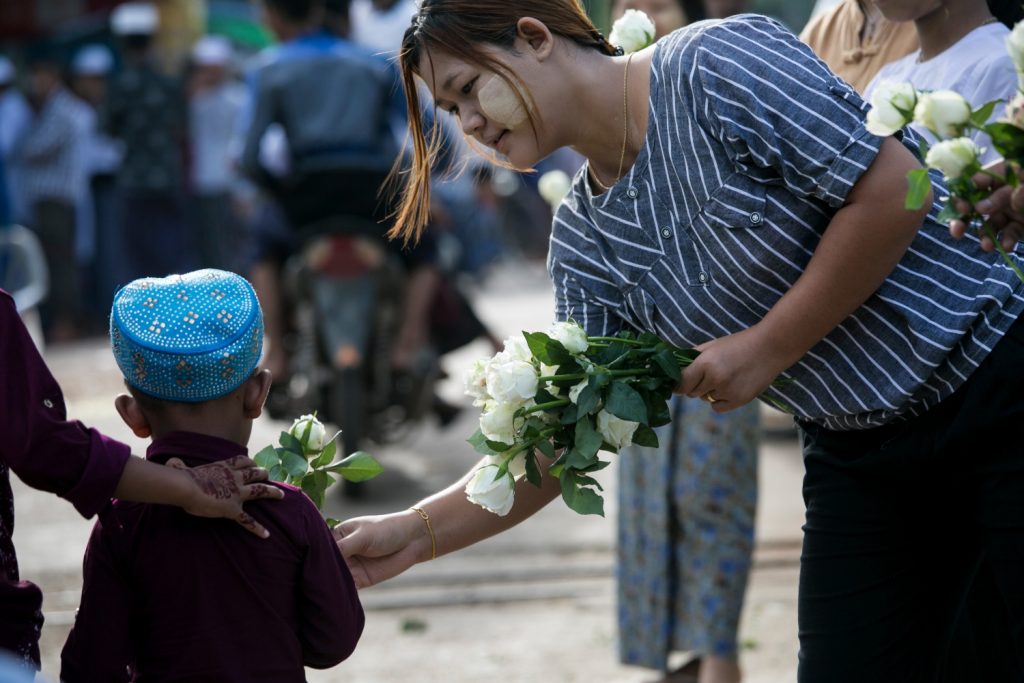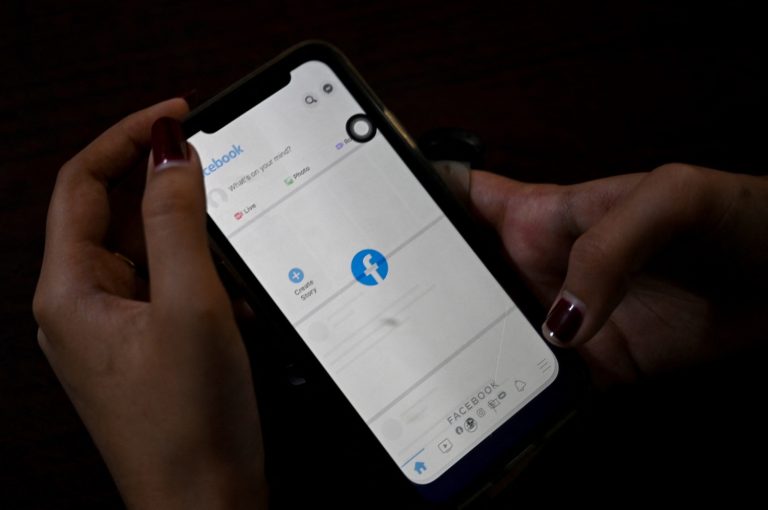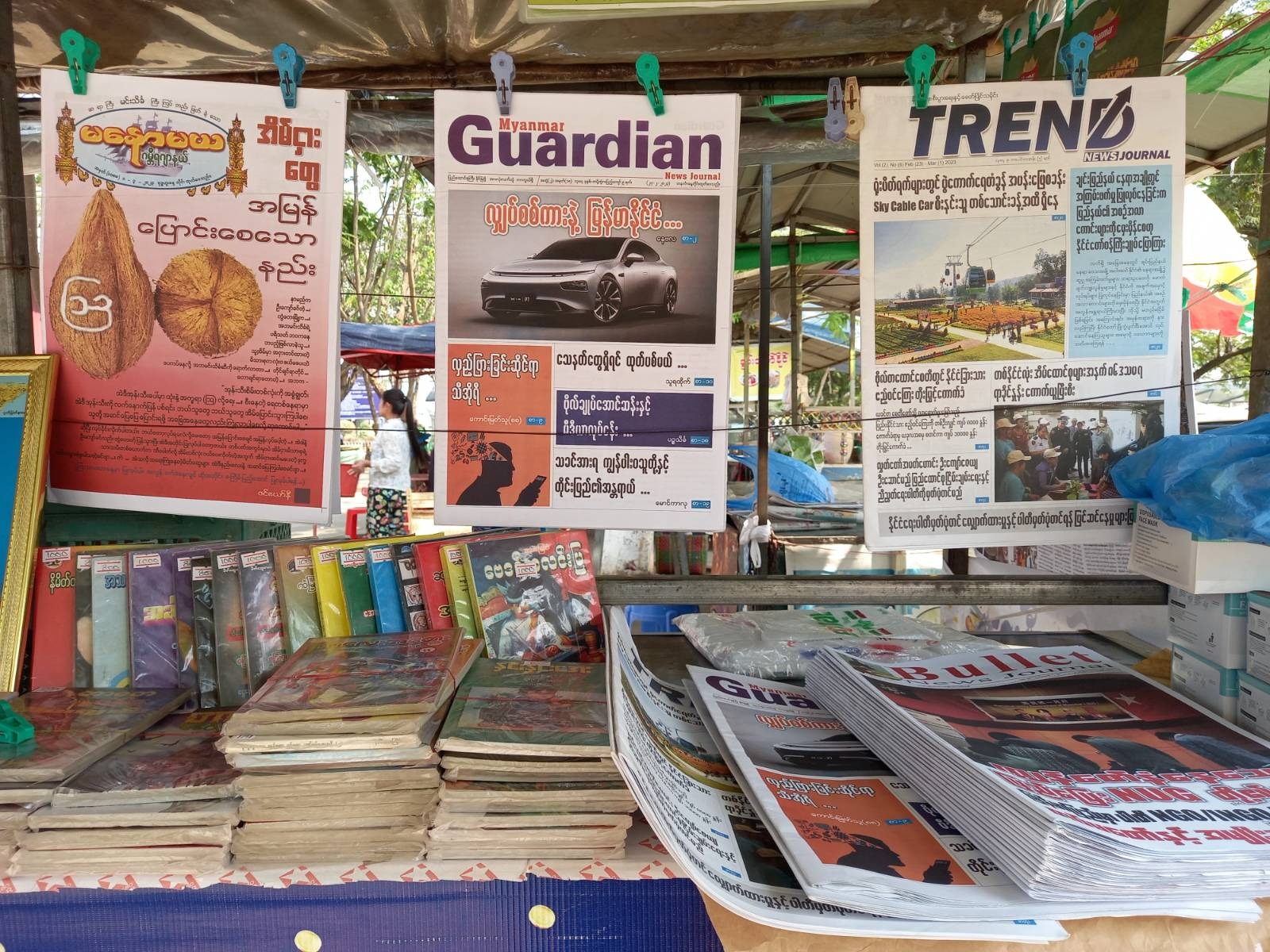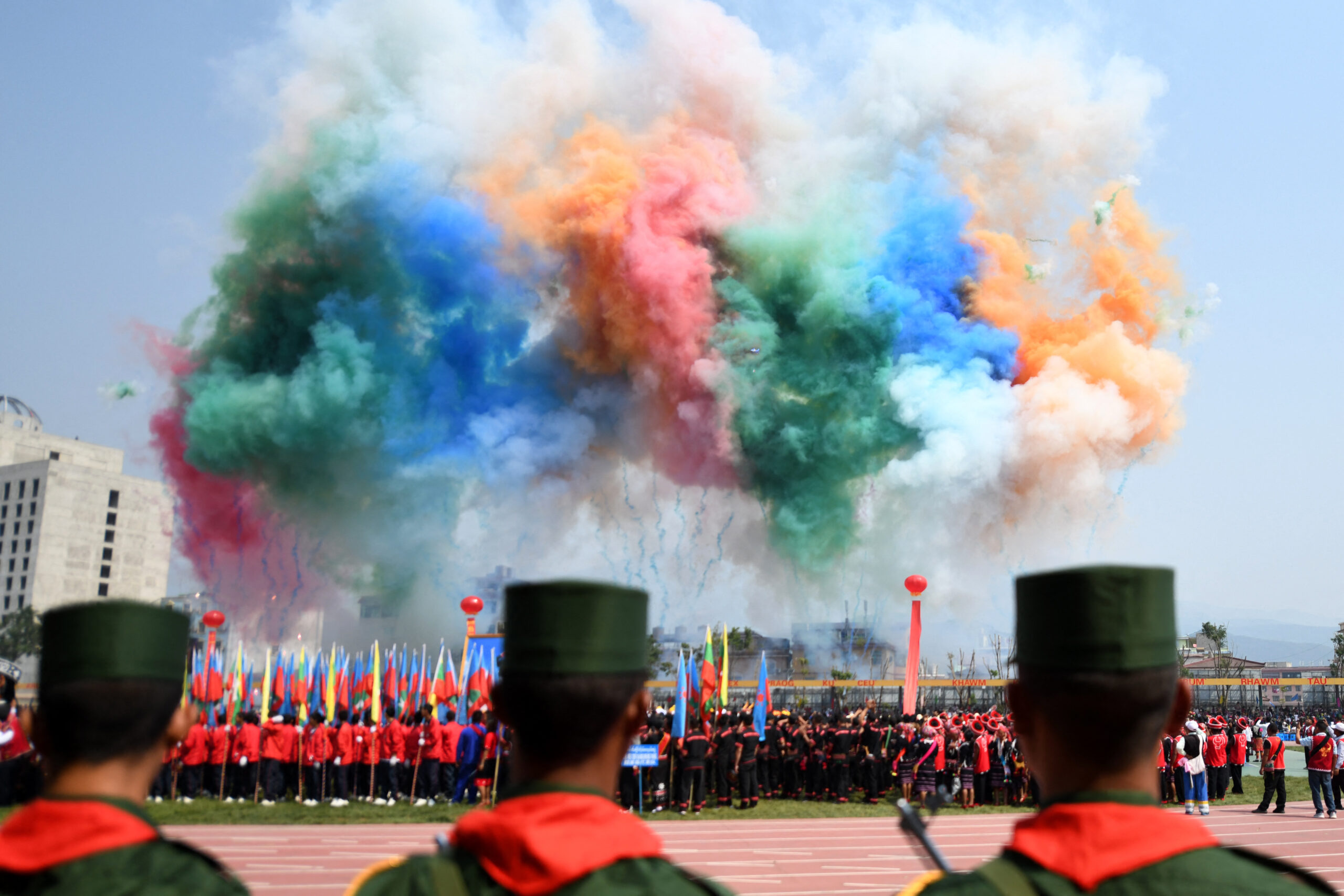In defending “kalar” as a friendly term, many Myanmar social media users are failing to listen to people who are merely asking to be treated with respect.
By WAI HNIN PWINT THON | FRONTIER
I had a friend who used to call me “kalar ma” or “Amina”, a common Arabic name. Although I repeatedly made it clear that I did not appreciate his “joke”, the baiting persisted and he even explained to me that the nickname “Amina” suited me well because I am “a little kalar ma”. While he thought he was being was funny or endearing, I found it disrespectful to be told to accept a jibe based on my religion. He wouldn’t have called me that if I were not a Muslim and if I lacked thick eyebrows or other features associated with people of South Asian heritage.
Unfortunately, though, this exchange reflects how people in Myanmar society often behave with each other. We grow up thinking it is okay to call each other names based on our religion and ethnicity or the way we look. That is why I truly admire activists who started the “Don’t call me Kalar” campaign on Facebook this month to change these social norms that so many of us find offensive.
The campaign has sparked renewed debate over the word kalar, a racial term that is largely used to distinguish people of South Asian descent from the so-called national races of Myanmar. For people who were born and grew up in Myanmar and know no other country, it is hurtful because it effectively brands us as an outsider.
A large chunk of Myanmar social media users responded to the activists’ campaign with derision and defensiveness. They argued the term is harmless; and as usual when we challenge the use of the word, furniture and legumes quickly became part of the conversation.
Citing the Burmese words for chairs (kalar taing) and chickpeas (kalar be) has become a get-out-of-jail-free card for people who try to normalise a racist term. The campaign is urging people not to call someone a kalar if they don’t like it; it doesn’t mean we suddenly have to find new terms for chairs or chickpeas. The Burmese names for those objects are irrelevant to the debate.
In defending kalar as a friendly term, those who objected to the campaign are failing to listen to people like me who are merely asking to be treated with some respect. It is disappointing to see people resist change in this way.
On June 10, prominent politician U Ko Ko Gyi joined the debate with two Facebook posts in which he claimed that vocabulary is unimportant and changing it would do nothing to address the root causes of discrimination. He also dismissed the idea that the word kalar was ever used in a racist way: “I haven’t heard any cases of anyone using this word to insult and discriminate against anyone.”
I have huge respect for Ko Ko Gyi, and not only because he spent almost two decades in prison for his activism. As a close friend of my father, fellow 88 Generation member U Mya Aye, he has also been an uncle figure and given me good advice over the years. However, I find his views on the term kalar saddening.
Firstly, word choice is important in establishing respect, especially in Myanmar society where we use particular terms to show deference or be polite.
Secondly, to claim that there haven’t been any discriminatory uses of kalar is simply incorrect. There is ample evidence that the word has been used to stoke nationalism and justify killing people whom racists identify as dangerous outsiders.
Finally, if the words people use – and the attitudes they express – aren’t the problem, then is the implication that we ourselves are the problem for being born Muslim or dark-skinned? Many people in Myanmar see the country’s Muslims as illegal immigrants or trouble makers – in short, as people who deserve what they get for causing problems.
Have people used the term kalar as an innocent tease? Yes. I have even used it to refer to myself while talking to my mother. For instance, I would often joke that I like Bollywood music and biryani so much because I am a “kalar ma”.
But context matters. If you grew up in a society where that term is used against you persistently, to denigrate or exclude you, I don’t think you would readily accept it as a “cute” nickname either.
Myanmar society constantly makes us aware that we are not “pure” Myanmar although we were born in the country and love it as much as anyone else. We are made to trace our ancestry back three generations in order to apply for a national identity card, and where our ancestors came from matters hugely to whether or not we are granted one.
I have never met my great-grandparents or been to countries that they were born in but on my national ID card – which always states the bearer’s “race” and religion – I was identified as “Pakistani, Indian, Memon, Sunni, Islam and Bamar”.
As a 10-year-old kid, seeing so many nationalities on my newly minted ID card was confusing but also made me aware that I had been classed differently from my friends. We are also made to stand in a different, much slower-moving, queue at the passport office and subjected to extra scrutiny by staff. I could go on.
To describe the “Don’t call me Kalar” campaign as a faddish imitation of the American movement for racial justice is nonsense. It might be misguided to make a simple comparison between “kalar” and the “N-word” in the United States, but to deny that the word is used to stigmatise a particular group of people shows an inability to listen and learn. For people who have used the term again and again to alienate others to suddenly dismiss that it has any pejorative meanings just adds another layer of disrespect.
No longer calling people kalar would not solve the problem of institutional discrimination in Myanmar, but it could be an important first step. If people are reluctant to even drop offensive name-calling habits, then what hope do we have of becoming a country where ethnic and religious minorities are treated with respect and dignity?







